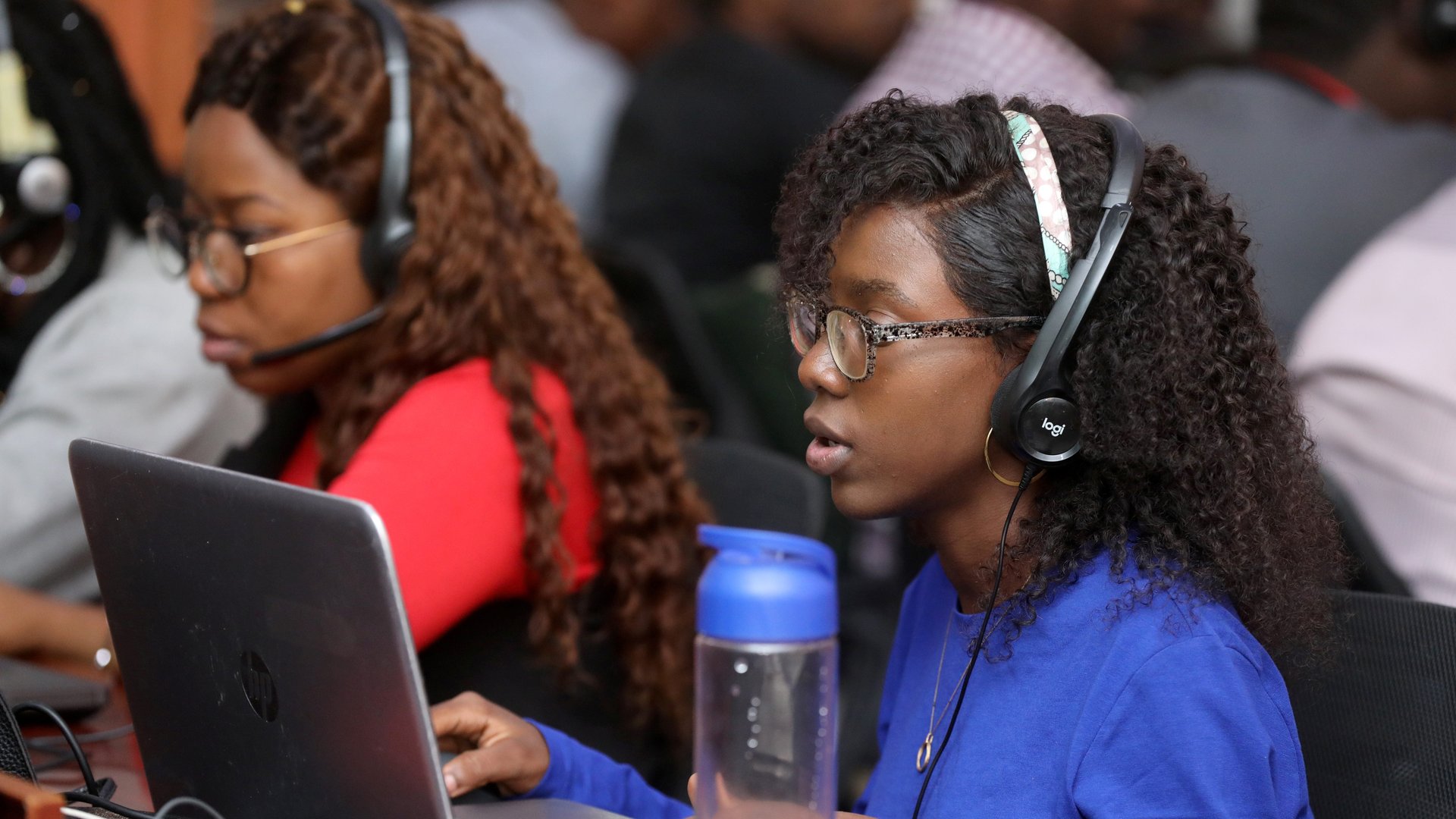Africa’s e-commerce gender gap is costing billions of dollars
The African e-commerce market could benefit by around $14.5 billion if the number of women selling on online platforms achieves parity with men, according to a new report. The International Finance Corporation (IFC), in partnership with the European Commission, says that additional training and financial support for female sellers would hugely expand the overall sector.


The African e-commerce market could benefit by around $14.5 billion if the number of women selling on online platforms achieves parity with men, according to a new report. The International Finance Corporation (IFC), in partnership with the European Commission, says that additional training and financial support for female sellers would hugely expand the overall sector.
Researchers interviewed sellers and e-commerce experts, conducted surveys with men and women selling online in Kenya, Nigeria, and Côte d’Ivoire, and analyzed data from Jumia, one of the biggest e-commerce platforms in the continent. They found that e-commerce platforms can support women to grow and thrive in the sector by collecting sex-disaggregated data, leveraging platform financing, educating women on paid promotions, boosting training offerings, and encouraging entry into high-value sectors.
E-commerce is prospering in Africa
Spurred by platforms such as Jumia, Kilimall, Konga, and Takealot, e-commerce is prospering in Africa. From 2014 to 2018, the number of online shoppers in the continent increased on average by 18% annually, against a global average of 12%, according to the United Nations Conference on Trade and Development. This growth is driven by the continent’s young, urban, and digitized population. With 76 million online shoppers, Nigeria is Africa’s biggest e-commerce market, according to a study by PayU, a financial services provider.
But this success has a clear gender disparity. While women-owned businesses make up 31% of the businesses on Jumia in Côte d’Ivoire, and 51% each in Kenya and Nigeria, women are more likely to own micro-enterprises, have fewer employees, and see lower individual sales, the report says.
The gender disparity in sales
The individual average sales for women are lower than men, partly due to the Covid-19 pandemic. The first year of the pandemic resulted in a 39% drop in sales for women-owned businesses, compared to a 28% drop in men-owned businesses. Reversing this would be important in ensuring women can compete in the digital economy after the pandemic, the report says.
“E-commerce in Africa is thriving, yet we are already seeing a widening gender gap in the sector,” says Sérgio Pimenta, the IFC’s vice president for the Middle East and Africa.
Targeted support initiatives for women are crucial to dealing with this inequality, Jumia says. “It is absolutely essential for women to be factored into the future of e-commerce.” says Juliet Anammah, Jumia’s head of institutional affairs. “Africa is at the start of its e-commerce growth trajectory. Now is the time to ensure women entrepreneurs are at the forefront of Africa’s digital journey.”
Sign up to the Quartz Africa Weekly Brief here for news and analysis on African business, tech, and innovation in your inbox.